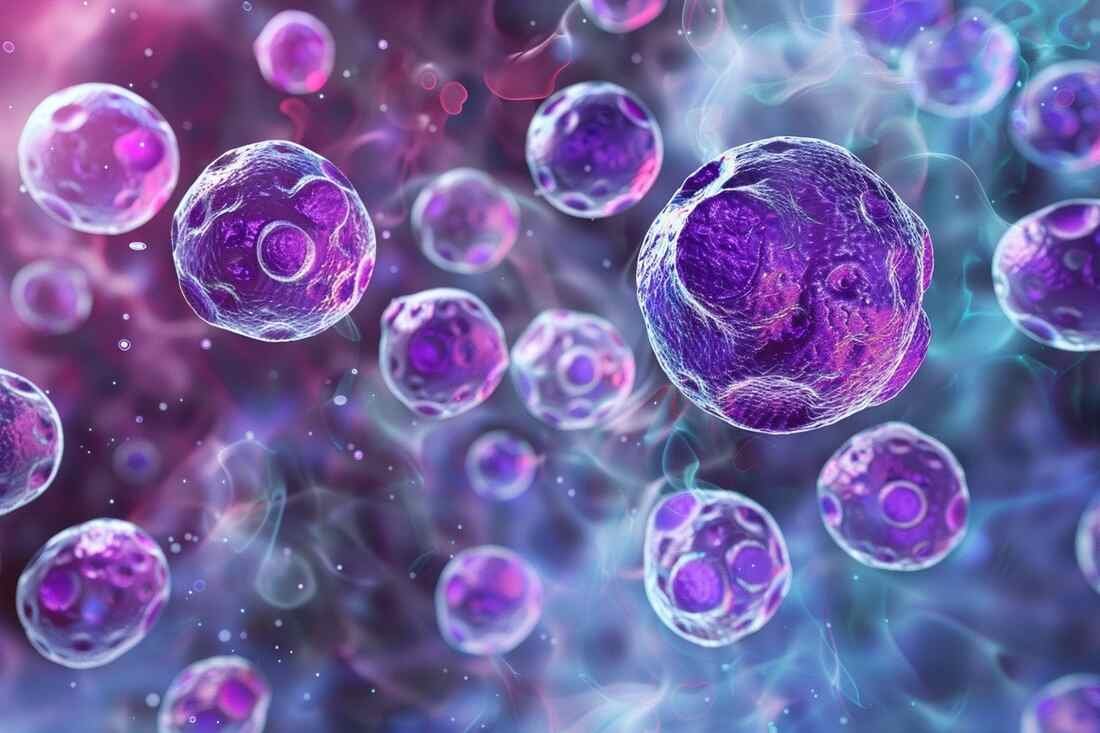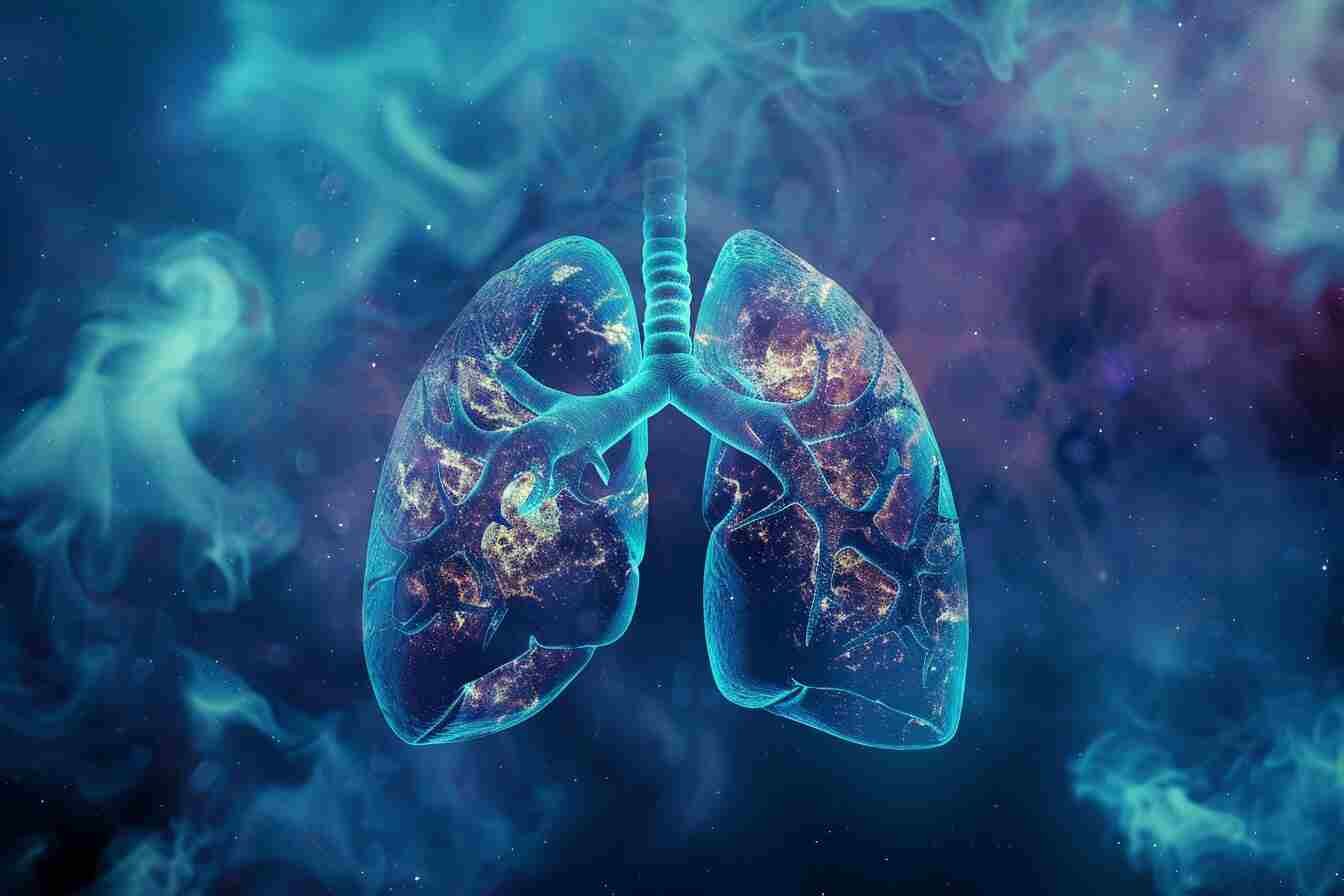How does the body regenerate?
Reactivate your body! You are younger than you think – at least the parts of your body that are constantly regenerating throughout our lives. Renewal time of human body cells varies depending on some areas of the body take a long time to refresh themselves.
In fact, parts of your body are a few days old or less. The cells in your bones, liver, skin, intestines, and other organs are dying and being replaced all the time.
The regenerative capacity is mainly carried by cells of the body which will reprogram themselves to replace the damaged tissue or organ. Some of these so-called “stem” cells are generated by the bone marrow and can circulate in the body. Other stem cells are generated by the tissues themselves, such as these stem cells from the skin bulbs whose mission is to enable hair and body hair to grow throughout life.
Taste buds
Renewal time: From 1 to 2 weeks
Sensory organs that are found on your tongue has about 10,000 taste buds, and each of them regenerates about every two weeks. They can be weakened by consuming cigarettes, spicy foods, and hot food and drinks. Keep your taste perception sharp by quitting smoking and limiting your intake of the foods and drinks mentioned above.
Bone
Renewal time: 10 years
“Every year 10% of our bones are regenerated and every 10 years our entire skeleton is regenerated,” says Tereza Houg of the National Osteoporosis Foundation of South Africa. To keep your bones healthy, it’s important to eat a balanced diet that includes plenty of low-fat dairy products.
“Bones are living tissue that need exercise like muscles, so stay active,” Houg adds. Strength training, jumping rope, rowing, or even running up stairs are all activities that help build strong bones.
Liver
Renewal time: 2 months
The liver has an extraordinary capacity for regeneration. Surgeons could remove up to 70% of a person’s liver, and much of the organ would have already regenerated within two months. However, alcohol abuse can have long-term harmful effects on your liver, so limit your intake to 0.34 ounces of pure alcohol per day, with a minimum of three non-drinking days per week.
Brain
Renewal time: the same as you
We are born with around 100 billion brain cells and this number gradually decreases with age. However, there are two regions of the brain whose cells regenerate: the olfactory bulb, which governs smell, and the hippocampus, the region associated with learning. You protect your hippocampus simply by exercising your brain. Socializing, reading, doing puzzles, exercising regularly, eating a healthy diet, and avoiding smoking and alcohol abuse are all ways that can help protect this region.
Skin
Renewal time of human body cells: 2 to 3 months
The top layer of your skin is constantly shedding dead cells and replacing them with new ones, but the bottom layer, made up of collagen and elastic tissue, weakens and does not regenerate. To protect the top layer of your skin, use sunscreen, avoid smoking, and increase your antioxidant intake by eating plenty of fresh vegetables and fruits.
Read also: Skin Layers | Structures, functions and roles of the skin
Nails
Nails diverge in their appearance, but also in the speed at which they grow. On average, they grow about 0.5 to 1.2 mm per week. The nail of the middle finger is the one that grows the fastest. With age and with disease, nail growth slows down.
Hair
On average, our hair grows 1 to 1.5 cm per month. How quickly they grow depends on age, hormones and ethnicity.
Intestines
Renewal time of human body cells: 2 to 3 days
The intestines are lined with cells called villi, which are the ones that absorb nutrients from food. Stomach acid and food can damage these cells, preventing them from working effectively. This is why they need to regenerate regularly. Take care of your intestines by drinking plenty of water and eating foods that are fresh and high in fiber, such as whole grains.
Research has shown that some people are, on average, five years older than they actually are because of several health and wellness factors.
Your Vitality Age is the result of a simple calculation and allows you to learn more about your health. Your Vitality Age may be lower or higher than your actual age and serves as an indicator of your overall health.
Sources: PinterPandai, Biologi Gonzaga, Web MD, Health Line
Photo credit: Pxhere



